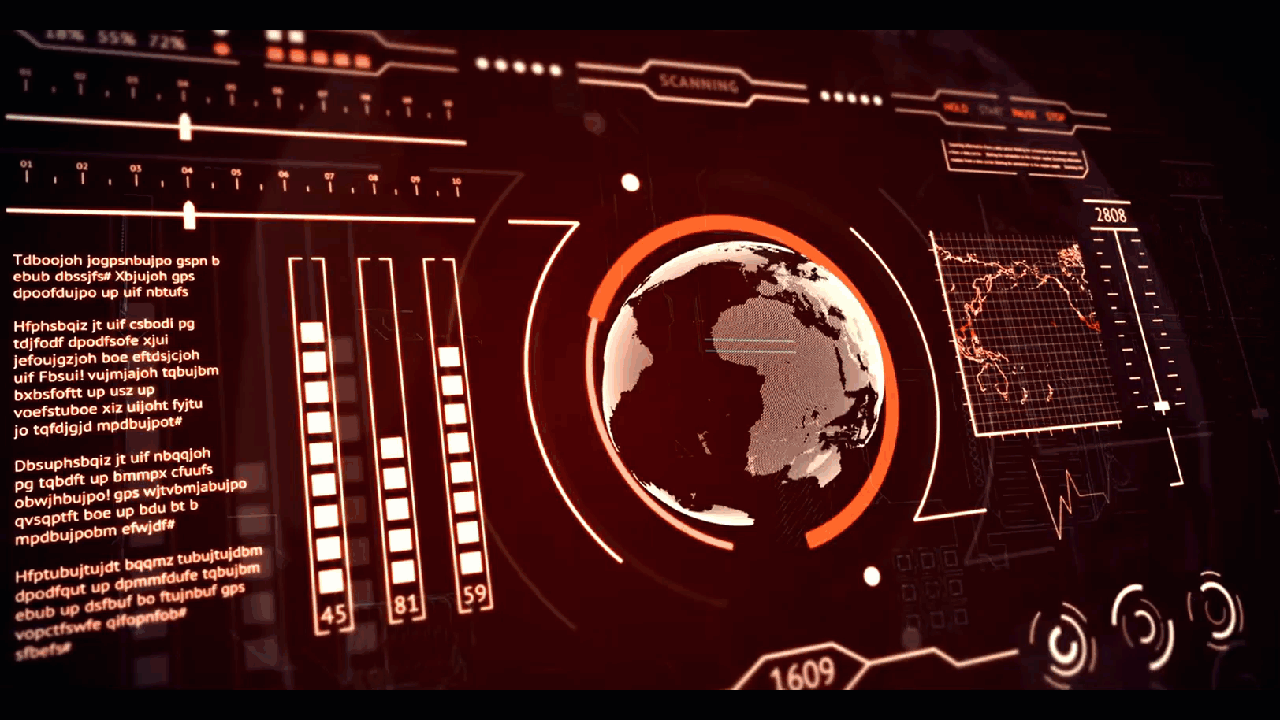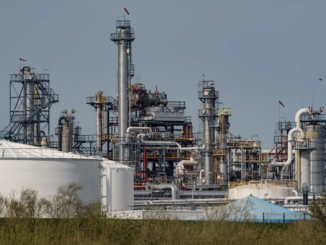
ENB Pub Note: I agree with Tuomas on his excellent opinion piece. Sadly, the only thing that can keep Europe out of a total Depression is to approve Nord Stream 2. That was Putin’s goal all along. He started the war to get the landbridge to Crimea solidified and get the Nord Stream 2 approved. He uses the Nord Stream 1 “maintenance” as a club, and most people can tell by the pictures that the leak was oil spilled from a can on the control board. Sanctions don’t work, and the EU putting price caps on Russian Energy is a joke that will backfire like the crazy Uncle at a family reunion.

I have been watching, with horror, the escalation of the economic situation in Europe since about mid-February. On Feb. 21, I published a short Twitter thread detailing the economic worst-case scenario for Europe if the war between Russia and Ukraine would break out, as it did.
The forecast had 10 stages:
- The West would be likely to respond with sanctions.
- Russia would respond by shutting gas to Europe.
- This would lead to a massive spike in energy prices in Europe, pushing the continent into a recession with high inflation pressures (stagflation).
- Inflation would reach double-digits within two to three months.
- Asset markets would fluctuate heavily first, then crash.
- Rampant inflation would force the European Central Bank to raise rates in a rapid manner and stop the Pandemic Emergency Purchase Program (PEPP) and quantitative easing (QE).
- The European banking sector would crumble.
- Sovereign yields would explode.
- The eurozone would unravel.
- Europe would fall into a depression.
Energy prices have skyrocketed, asset markets have fluctuated, and the European Central Bank (ECB) has stopped PEPP and QE (kind of). Inflation in the eurozone was 9.1 percent in August and shows no signs of relenting. So we most likely get to double-digits already maybe next month. So, ominously, we’ve already “checked” Nos. 1, 2, 3, 4, and 6 from the “worst-case” forecast.
What to Expect in Coming Months
The ‘credit default swaps’ of Credit Suisse, a Swiss banking giant labeled as a global systemically important bank (G-SIB), have reached levels not seen since 2009. German government 2-year bond yields are currently trading some 100 basis points higher than the 2-year EUR OIS swap rates, which reflect the ECB rates over the next two years. We haven’t seen such a divergence since the height of the European debt crisis in 2012. This is leading to a massive “collateral crunch” in banks, as the value of most-used collateral (sovereign bonds) with respect to deposit rates is collapsing.
A Banking Crisis Is Brewing
Italian 10-year bond yields are flirting with the four percent mark thought to represent the ‘line in the sand’ for the Italian government not being able to cover its finances. The ECB has been using funds from maturing debt of, for example, Germany and the Netherlands to purchase the sovereign debt of Greece, Portugal, and especially Italy. At the end of July, ECB holdings of German, French, and Dutch bonds had fallen by $19.3 billion, while holdings of Italian bonds had increased by $14.3 billion. It’s expected that the ECB will increase its purchases further in the coming months.
However, the question is, will it be enough to stave off the onset of another debt crisis?
Inflation in Italy is running at a euro-era record, more than 8 percent, and her households and corporations are feeling the full brunt of soaring energy prices and the disruptions in the flows of Russian gas to Europe. According to modeling by the International Monetary Fund, if the European gas market fragments, meaning that there would be gas supply disruptions, the Italian gross domestic product could shrink by roughly 6 percent. We’re very close to that point after Russia cut off its gas supplies to Germany (Italy still receives Russian gas). The Italian government is also already working on a bailout fund for the small lenders. Small lenders aren’t the real problem, however.
Italy, and Thus Europe, Is Closing in a Full-Blown Debt Crisis
According to a report by Equinor, a Norwegian energy group, energy companies are facing an annihilating $1.5 trillion worth of margin calls because of the violent price reactions in the European energy markets. Energy companies are required to maintain a minimum margin deposit in the case of a default before supplying the energy. These margins raced higher with the soaring forward electricity prices, which, while off from their highs, remain elevated. Recently, Finland became the first European country to sign a “bridge agreement” to cover the collateral agreements of Fortum, Finland’s largest energy producer. Other governments are likely to follow.
The price of electricity remains high. For example, in Germany, the spot price is currently about 10 times higher than in the summer of 2021. Many households and corporations are seeing their energy prices multiply by 10 or more across the continent.
Alas, unsurprisingly, the unraveling of the European economy is already on its way.
Many European energy-intensive industries are closing down or slashing their production heavily because of high energy prices. Even bars in the UK are deciding whether to close their doors (effectively an “energy lockdown”) because they can’t afford the energy prices. At the same time, inflation in the country may top 20 percent next year!
Business loan delinquencies are on the rise across the continent (see, for example, this), and a ‘flood’ of business and household bankruptcies loom—all due to the weight of massively increased prices of electricity, inflation, rising interest rates, and an impending recession.
Thus, Europe is currently heading into an economic depression, and it won’t stay here. As I mentioned earlier, 10 of the global 30 G-SIBs reside in Europe (PDF). To compare, the United States has seven G-SIBs, but the housing market collapse of 2006–09, which led to a banking crisis in the United States, still almost collapsed the global financial system. If the European economy unravels, which seems likely at the time of writing, her banking sector will follow, taking the global financial system and possibly the European common currency (euro) with it.
Could Something Be Done to Avert All This?
I don’t think we can any longer escape European recession, which is also overdue, but there could still be time to stop it from escalating into a depression. While unpopular, the only thing that could bring immediate relief is turning the gas flows from Russia to Europe back on, which requires the removal of western sanctions.
Even if the storage, demand cuts, and global supply could replenish the Russian supply to Europe, which is very unlikely (see more, e.g., from my newsletter), prices of natural gas would be likely to skyrocket across the globe. Rising prices have already led to a “tsunami of shutoffs” in the United States. Just consider how bad the situation will get if natural gas prices double or triple from current levels.
It should be acknowledged that we’re here because of political decisions. First, green policies made Europe heavily dependent on Russian energy. Second, the decision of Russian President Vladimir Putin to attack Ukraine, the decision by Western leaders to enact tough sanctions, and the decision by the Russian regime to respond to them set the crisis ablaze.
In 1924, John Maynard Keynes warned against using sanctions, which “would always run the risk of not being efficacious and of not being easily distinguished from acts of war.” In his “magnum opus,” “The General Theory of Employment, Interest and Money,” he also argued that a globalized economy would eventually stop all wars, because their economic costs would become so horrendous.
We’re slowly learning that lesson.



